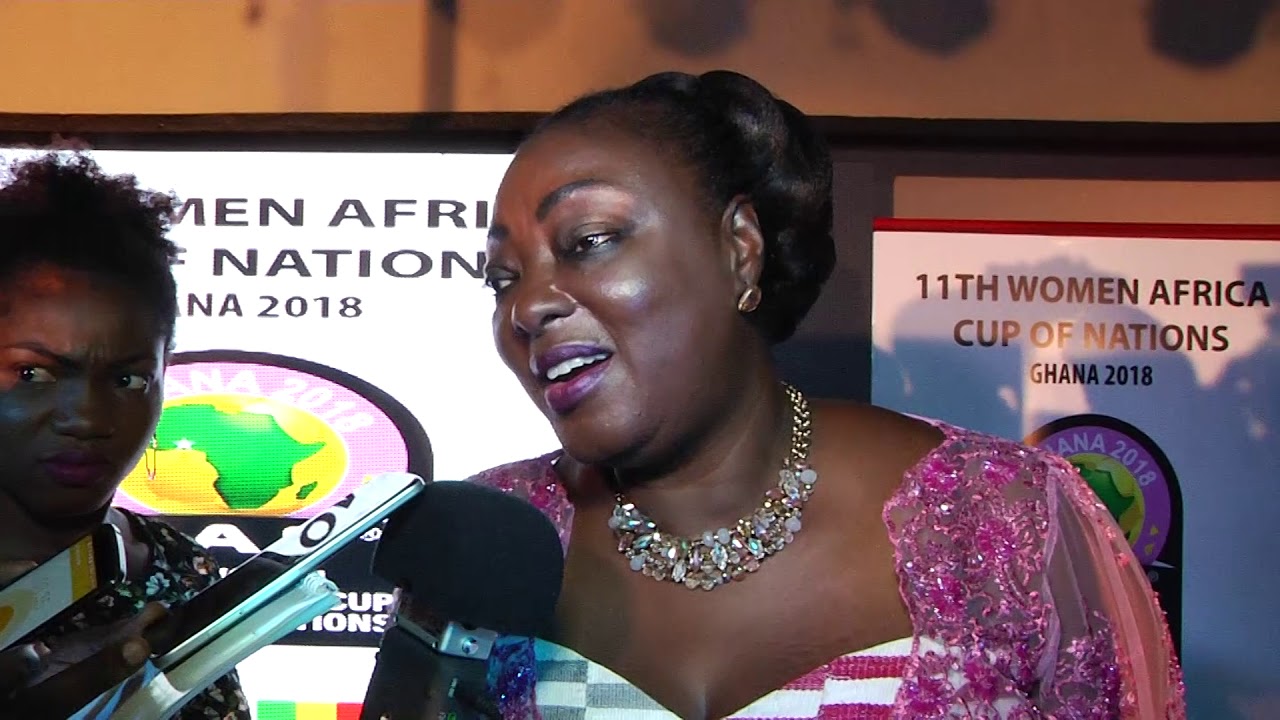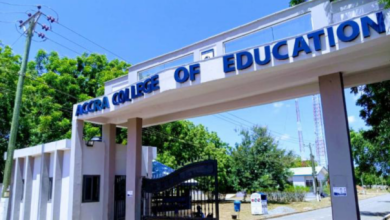Government to adjust feeding fee under GSFP – Deputy Minister

The government is seeking to adjust the feeding grant from GHC1.00 per pupil to GHC1.50 pesewas under the Ghana School Feeding Programme (GSFP), Mrs. Freda Prempeh, the Deputy Minister of Gender, Children and Social Protection said on Tuesday.
She said government would also expand the programme coverage to at least 70 per cent by the end of 2020 for more pupils to benefit.
In an interview with the Ghana News Agency (GNA), Mrs. Prempeh, who is the Member of Parliament for Tano North Constituency, in the Ahafo Region, disclosed that beneficiaries of the GSFP had increased from 1,671,777 in 2016 to 2,700,000 in 2018.
The school feeding programme remains one of the dearest social intervention programmes of President Nana Addo Dankwa Akufo-Addo’s government for poverty eradication and food security.
According to Mrs. Prempeh, the GSFP is fundamentally aimed at catering for the daily food needs for most deprived school going children, so that, they could be healthier, well-nourished and not consumed by hunger or drop out of school.
She explained that because of the programme, enrolment in beneficiary schools had also shot up making the retention rate very high.
Mrs. Prempeh pointed out that President Akufo-Addo had a lot of confidence in the Programme, to create jobs, boost school enrolment and attendance and increase local food production.
This she explained was why the President increased the feeding grant from 80 pesewas per pupil in 2016 to GHC 1.00 to enable caterers to provide better meals for beneficiary pupils.
The Deputy Minister expressed gratitude to the government, management of the programme, World Food Programme (WFP) and MasterCard Foundation for their support towards the Programme’s sustainability.
Mrs. Prempeh indicated that a Cost-Benefit Analysis (CBA) on the Programme to assess the direct and indirect benefits had been held in Kumasi, saying that, the government was concerned about the nutrition, health, education, economic development, social protection and empowerment of women.
The CBA extended its scope widely to look at the return on investments in school feeding in Ghana, so that it would be appreciated as an investment in the future leaders (children) and not a cost burden on the nation’s purse.
She emphasised that the positive rippling effect on the school feeding programme could not be over-emphasised, noting that, parents would save extra money that would have been spent on the child as one meal a day for beneficiaries was always assured.
Mrs. Prempeh said very soon, President Akufo-Addo would launch the Cocoa Beverages Project to supply pupils under the school feeding programme with cocoa drink on each school going day in addition to their school meals, thus boosting the nutritional intake of pupils.
She said her Ministry was also pushing very hard for the passage of the Ghana School Feeding Bill, the Affirmative Action Bill, the Aged Bill and the Social Protection Bill.
Mrs. Prempeh, however, expressed concern that the feeding programme was still bedeviled with innumerable challenges, which required the support of the private sector and other development partners to overcome, since government resources were limited.
“We specially acknowledge and appreciate the WFP for being a solid partner for the school feeding programme, and we hope to have other reliable partners like the WFP on board so that we can overcome most of our challenges if not all”.
Collaborating with major stakeholders and institutions is key to the success of the programme, she said, adding that, the Ministry of Gender, Children and Social Protection was going to enforce its monitoring exercise.
This should be a collective effort and therefore, all major stakeholders, like the Metropolitan, Municipal and District Assembles, Ghana Education Service, National Health Insurance Authority, the Ministry of Gender, Children and Social Protection and caterers should ensure quality of food is given to the children and enrollment figures also correct.
Mrs. Prempeh assured that her Ministry would collaborate with stakeholders and donor partners to address basic challenges under the GSFP and called on Management of the Programme to ensure that discrepancies in enrolment figures were addressed.
Source: GNA




